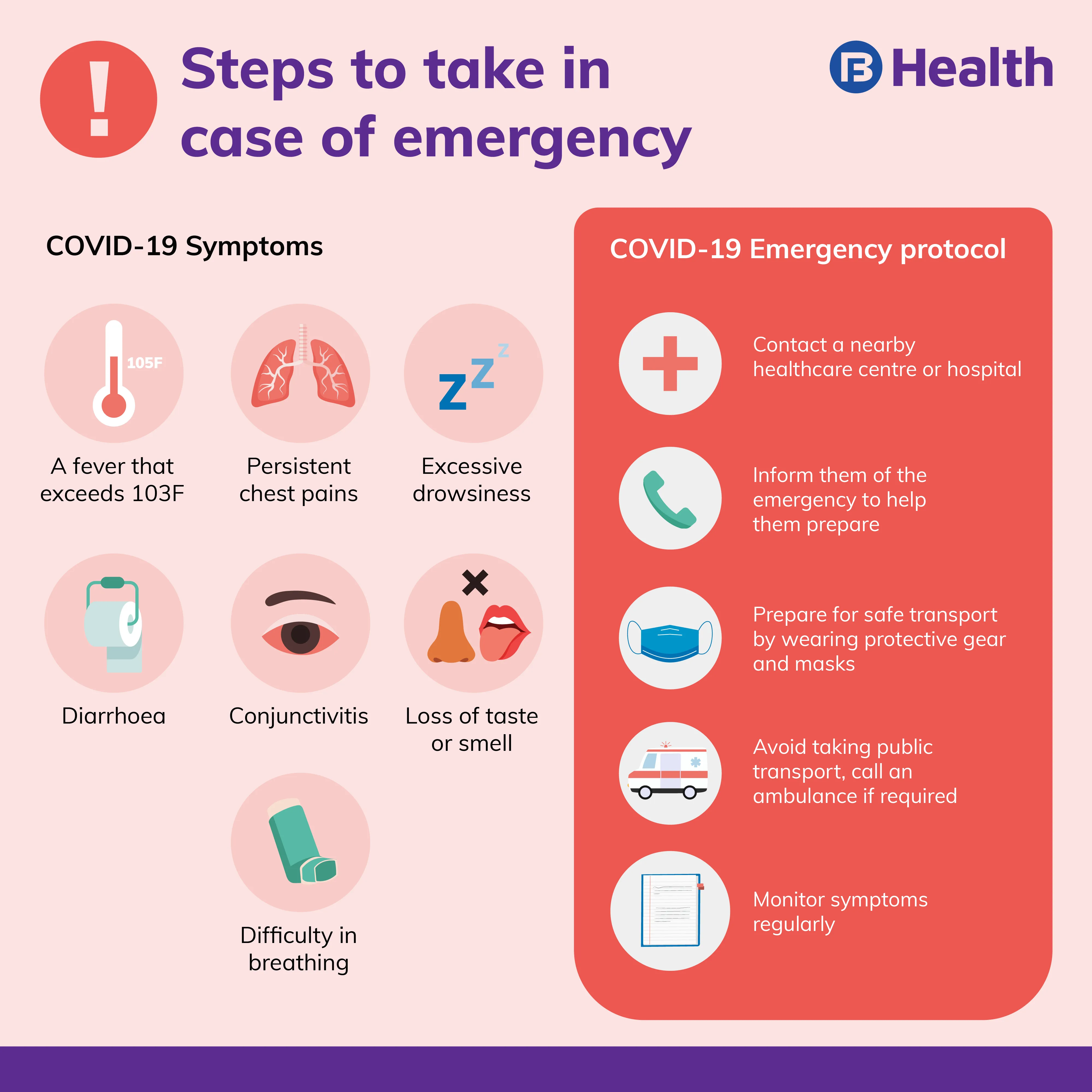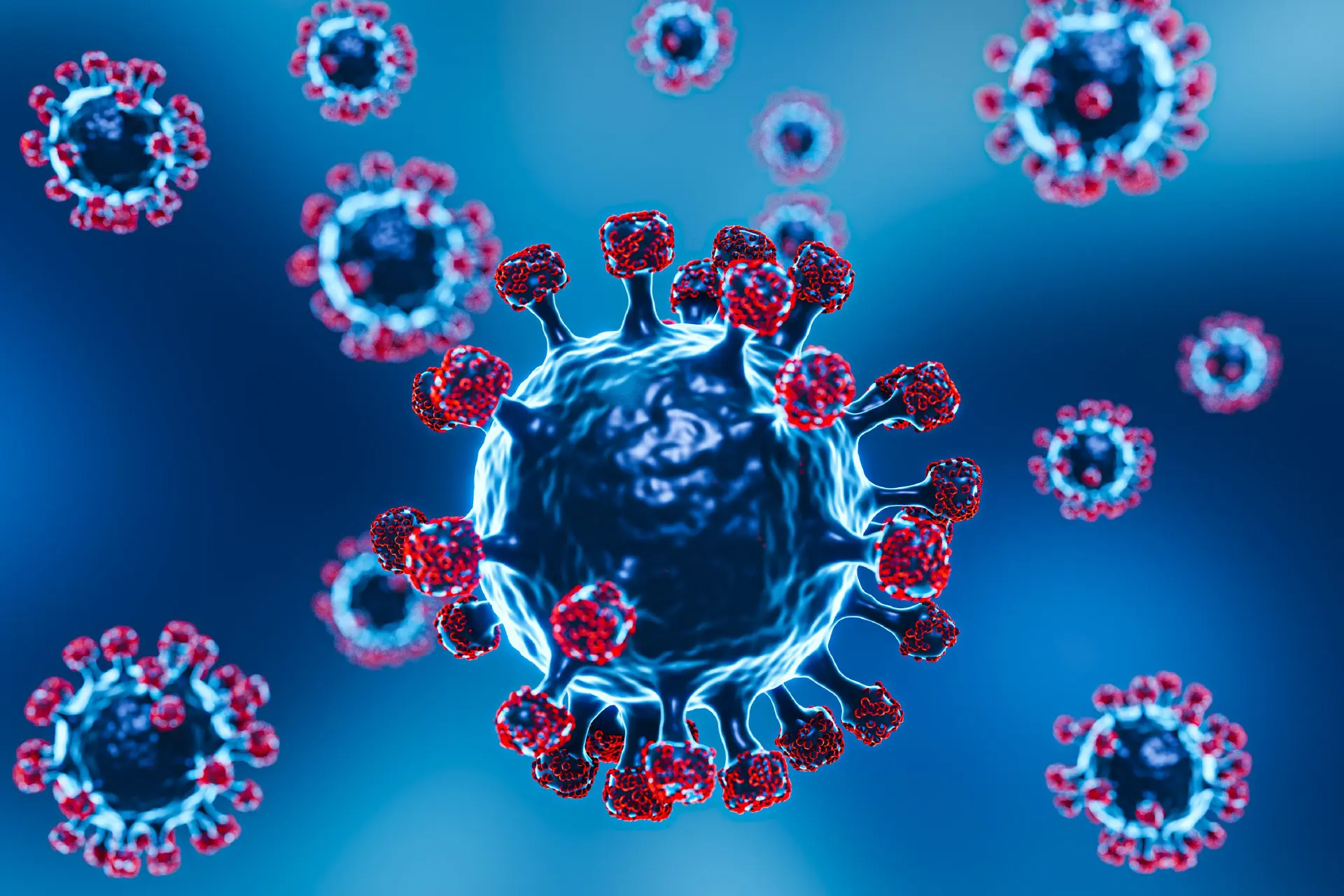Internal Medicine | 6 min read
Everything to know about COVID-19 Care in 2021
Medically reviewed by
Table of Content
Key Takeaways
- A clear indicator is to note the COVID-19 fever duration and temperature
- Developing COVID-19 symptoms in old age is life-threatening, know how to care for elders
- COVID-19 symptoms in kids can be quite problematic, even though it isn’t as fatal
The COVID-19 pandemic has taken the world by storm, affecting all manner of normal life in unprecedented ways. Across countries, healthcare systems are overburdened by droves patients with coronavirus symptoms, causing delays in service and further spread of the virus. As per the data in a commentary published in late 2020, COVID-19 poses a very real threat to India primarily because around 68% of the population resides in a rural setting, which has the highest burden of disease on a global scale. These areas aren’t equipped to handle the influx of patients as the existing workforce is a lot lesser than the WHO recommended levels.
As a matter of fact, the Primary Health Care Facility Preparedness for Outpatient Service Provision During the COVID-19 Pandemic in India: Cross-Sectional Study conducted in May 2020 found that the primary health centers of India that aren’t able to provide outpatient care during the COVID-19 pandemic. This is mainly due to weak infrastructure, which ultimately results in poor infection control protocols. In such situations, relying solely on public healthcare provisions isn’t the smartest option because it may not be available. Moreover, to avoid worsening the spread any further, you should know how to use the different telemedicine and virtual care options available to you and when to utilize them.
For deeper insight on COVID-19 care, both self and guided, take a look at the following pointers.
When should you Consult a Doctor?
In most cases, COVID-19 symptoms can be treated at home as many are likely to present with mild complications. Common issues like the COVID-19 fever or the characteristic COVID-19 cold can be helped by treating these ailments specifically. This means taking pain relievers, ensuring a high level of fluid intake, getting enough rest to recover and following social distancing protocols.
However, in some cases, these symptoms could get worse, which is indicative of a serious infection. A clear indicator is to note the COVID-19 fever duration and temperature. If you’ve had a fever for a day and the temperature is 100.4F or higher, consult a doctor. Additionally, other symptoms to note include:
- Fatigue
- Confusion
- Chest pain
- Blue lips or white face
COVID-19 breathing problems are also a valid reason to reach out to a professional. Use an oximeter to monitor breathing and check the oxygen saturation in the blood. If it is below 92% consistently and continues to drop, you must contact a doctor immediately. Besides these, the best time to contact a doctor is after receiving a positive COVID test result.
How can you reach out to a Doctor Online?
There are several ways to reach out to a doctor online. Firstly, you can visit a healthcare centre’s website and check if they have virtual consultation services. If not, in India, there are many online portals which allow you to search for available doctors online in a matter of seconds.
These websites allow you to filter your search based on locality, experience, cost, and many other relevant factors. Once you find a professional that is able to help, you may be offered help over video or a call, whichever is possible. Besides this, you can also reach a doctor via healthcare apps. These have integrated provisions for video calls that allow you to consult specialists digitally.
What should you do in case of a Health Emergency?
Before declaring an emergency, you should be absolutely sure that such is the case. A COVID-19 infection can be deemed a health emergency when the following signs are present.
- Fever exceeds 103F
- Difficulty waking up
- Persistent chest pains
- Excessive drowsiness
These are all signs of a severe COVID-19 infection and is an emergency. In such cases, the first step is to call medical services. Continue monitoring the symptoms and try to avail hospitalization services as soon as possible. Do follow safety protocols such as wearing a mask to cover the nose and mouth when visiting public care centers. Avoid public transport and call an ambulance to ensure maximum safety. Additionally, alert the medical center so that they can prepare effectively.

How can you stay safe from a COVID-19 Infection?
Whether you’re stepping out to undergo coronavirus testing or are taking care of a sick relative, there are ways to protect yourself against infection. Here are few reliable measures to keep in mind.
- Remember to avoid the 3 Cs
- Closed rooms
- Close contact
- Crowded spaces
- Avoid indoor meetings
- Wear a mask and fully cover your nose and mouth
- Follow social distancing protocols
- Do not touch your mouth, eyes, or nose after coming home or while outside
- Disinfect surfaces properly before touching them
- Use alcohol-based sanitizers to keep hands clean
What are the different Healthy Lifestyle Changes to Adopt?
As per a study conducted in August 2020, the pandemic has brought about lifestyle changes in people. The changes reflected good psychometric properties, which means that this pandemic doesn’t have to be endured in sorrow or worry. To help you get started in the right directions, here are some healthy changes to adopt.
- Focus on maintaining a healthy diet to improve immunity
- Keep physically active
- Ensure to always have a hand sanitizer on hand
- Start thinking about the things you touch and know to disinfect them
- Learn to cope with stress and anxiety through self-care
What can you do to stay safe when Working from Home?
Staying safe from the virus when working from home requires you to close attention to your interactions. Do not interact with anyone without a mask and ensure to disinfect any surfaces someone else may have come in contact with, before you use it. Secondly, keep your immune system healthy. Eat nutritious foods and sleep well to keep it from tanking. Lastly, limit your interactions with others.What are the Ways to take Care of Elderly and Kids?
Developing COVID-19 symptoms in old age is life-threatening, which is why it is important to know how to care for elders. Here are a few things you can do to reduce their risk of getting infected.
- Run errands
- Offer social support
- Do not let them feel socially isolated
- Help them consult their doctors virtually
- Provide them with easy ways to make emergency calls and requests
Similar to elders, COVID-19 symptoms in kids can be quite problematic, even though it isn’t as fatal. If your child develops coronavirus symptoms, talk to a healthcare specialist and ensure that your child is property hydrated. Monitor any early signs or symptoms and seek additional medical care if these worsen overtime.
Considering the lack of healthcare infrastructure, it is important to realize that guided care should only be sought in cases where it is absolutely necessary. Not everyone that has symptoms requires hospitalization, and recent government data suggests that just 6.39% of the infected need this special care. This is why knowing what to do, what to look for and how to address COVID-19 symptoms in older people and in kids, is key. It greatly eases the pressure on the healthcare system. Thankfully, with Bajaj Finserv Health, you can arm yourself with this vital information and seek virtual care, whenever needed.
Get access to a range of telemedicine provisions, prioritizing safety in such times. Find doctors in your area, book appointments online and consult virtually to minimize physical movement or exposure. Bajaj Finserv Health also has a comprehensive health library, allowing you to learn about the different ways to manage symptoms at home.
References
- https://publichealth.jmir.org/2020/2/e19927?utm_source=TrendMD&utm_medium=cpc&utm_campaign=JMIR_TrendMD_1
- https://www.ncbi.nlm.nih.gov/pmc/articles/PMC7456305/
Disclaimer
Please note that this article is solely meant for informational purposes and Bajaj Finserv Health Limited (“BFHL”) does not shoulder any responsibility of the views/advice/information expressed/given by the writer/reviewer/originator. This article should not be considered as a substitute for any medical advice, diagnosis or treatment. Always consult with your trusted physician/qualified healthcare professional to evaluate your medical condition. The above article has been reviewed by a qualified doctor and BFHL is not responsible for any damages for any information or services provided by any third party.





